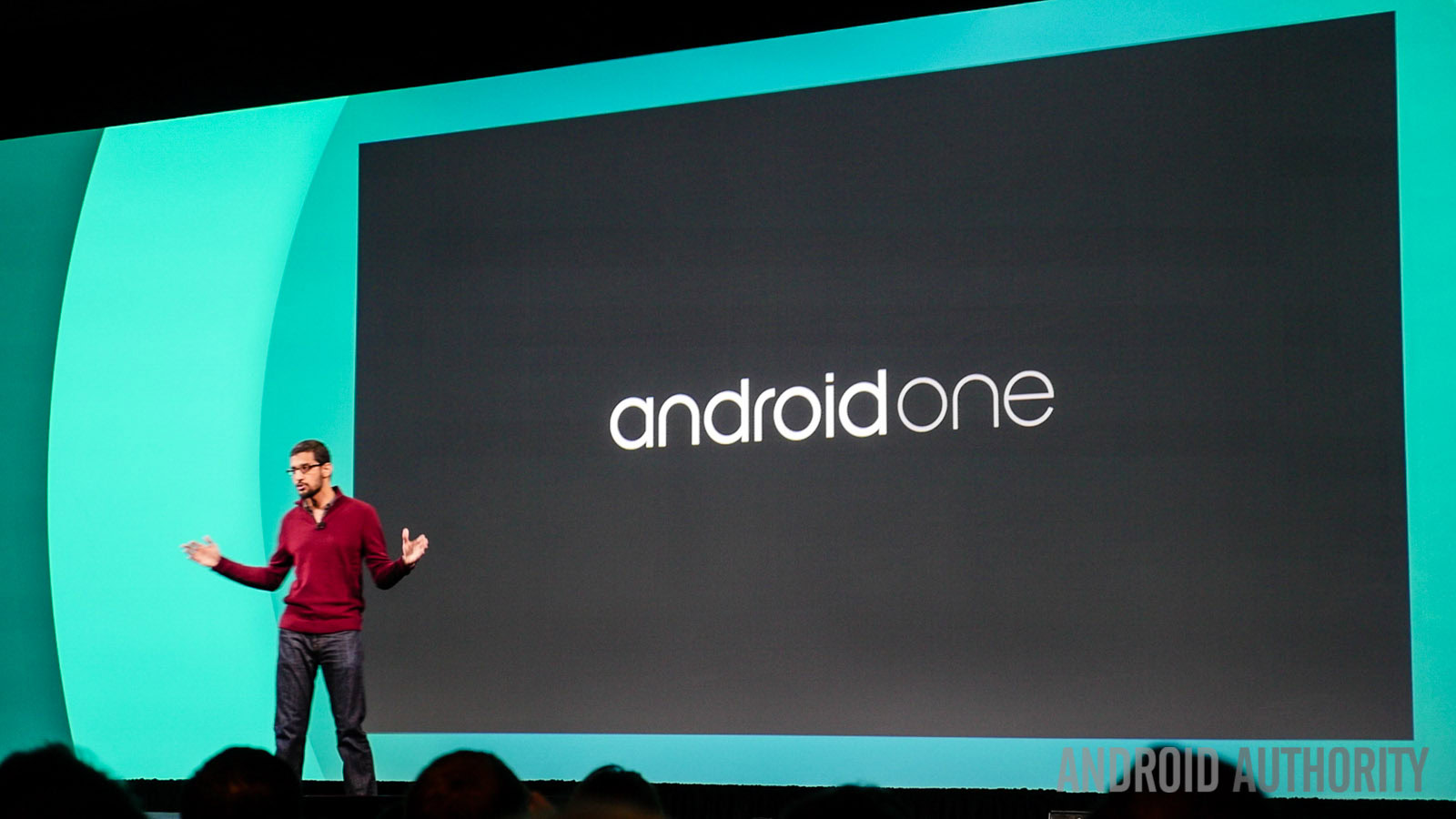Affiliate links on Android Authority may earn us a commission. Learn more.
Report: Google in talks with developers to subsidize app data costs
Published onFebruary 14, 2015

Google may be on the verge of breaking into developing markets with their cheap Android One handsets, but there seems to be a problem stifling many smartphone users in those specific countries. According to data from McKinsey and the International Labour Organization, a Jana survey of 8,000 smartphone users found that data expenses were among one of the biggest reasons why users don’t download or use applications on their smartphones. Specifically, over 25% of respondents of the survey from India, Indonesia, Thailand, Egypt and the Philippines considered high data costs to be the biggest obstacle holding them back from using apps. Google’s Android One platform might offer low-cost devices to emerging markets, but that doesn’t help the high prices of data costs at all.
According to a new report from The Information, Google may be looking for ways to subsidize data costs so users can actually use their smartphones. Google engineers have reportedly been in talks with app developers in emerging markets to reduce or even completely eliminate mobile data costs using a practice called “zero rating.” Zero rating is nothing new in the mobile world. It’s basically a way for app developers, such as Facebook or WhatsApp, to strike deals between wireless carriers to subsidize data costs, which can then be promoted by both the app developers and the carriers involved.
So where does Google come in? According to “sources familiar with the matter,” Google has plans to pilot this initiative in India with notable services like Flipkart, Snapdeal, Redbus and even Ola Cabs, India’s version of Uber. These services tend to rack up much more data than users are allotted per month, so the developers are already willing to pay the high bandwidth costs to get more users connected with their services. These are obviously the first apps and services Google is targeting with their initiative – companies that already practice the subsidization of data – to bring more users online.
Acting as the middleman would allow app developers to not have to make these zero-rating arrangements with individual carriers.
The Information reports that Google could act as a middleman between the services and wireless carriers that are charging the huge data fees. Acting as the middleman would also allow app developers to not have to make these zero-rating arrangements with individual carriers. In theory, when someone uses the Ola Cabs app from their smartphone, Google will be able to recognize that data and pay the carrier for the data charges. In turn, the third-party developer would also be expected to pay some of the charge. Even though the app developer would need to pay the wireless carrier for some of the data used, it would still likely make the developers more money since more users are taking advantage of their services. One person who has been involved in Google’s discussions says:
The user should be able to say, ‘I want this service’ and then use it, without worrying about draining their data plan.
The report also states that it’s unclear whether or not Google has discussed this deal with wireless carriers yet.
This new initiative is reported to first be tested in India on Android One handsets, later expanding out to other Android handsets and other geographies.
But how would Google make money from any of this? Let’s first take a look at Google’s past efforts to bring data to low-income countries. If you can recall back to the launch of the Android One program, Google guaranteed that users on Airtel would not be charged for data used to update their mobile devices for future OS updates. Moreover, Google includes 200MB/month of free data to use on apps downloaded from the Google Play Store. Now, a bit of free data likely won’t be the sole reason for buying an Android One handset for most, but it can’t hurt. And remember, Google wants your information, and they want you to use Google services. So, app developers, mobile carriers and Google could all promote this zero-rating initiative as a benefit to users, thus making more consumers sign up for mobile phones now that they can afford to actually use the handsets. It could also help bolster Android One sales, which have apparently gotten off to a rough start.
Remember, this is all hearsay for now, so only time will tell whether or not this all proves true. What are your thoughts on this new initiative? Is this a good way to get more users on the Android platform, or is Google just wasting their time? Let us know your thoughts!